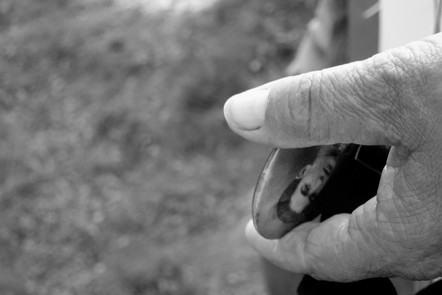MOOC List is learner-supported. When you buy through links on our site, we may earn an affiliate commission.

MOOC List is learner-supported. When you buy through links on our site, we may earn an affiliate commission.
This course takes a new approach to remembering, ‘agnostic memory’. You’ll explore how it improves upon the other two models of memory - ‘cosmopolitan memory’ and ‘antagonistic memory’, going on to see how agonistic memory can be used in your own work to relate more accurately to the past.
By the end of this course, you’ll understand how the various models are used today - and will have a new way to look at history.
What topics will you cover?
- What are the different types of memory in Europe today?
- Theoretical and practical examples of antagonistic and cosmopolitan memory.
- What is agonistic memory?
- How has agonistic memory been applied in museums, in education and at sites of mass exhumations?
- Case studies testing an agonistic mode of remembering: a Spanish theatre performance and museum exhibits in Germany and Northern Ireland.
Learning on this course
You can take this self-guided course and learn at your own pace. On every step of the course you can meet other learners, share your ideas and join in with active discussions in the comments.
What will you achieve?
By the end of the course, you'll be able to...
- Identify, describe and compare three models of memory - cosmopolitan, antagonistic and agonistic
- Evaluate and summarise the shortcomings of antagonistic and cosmopolitan memory
- Reflect on and debate 'agonistic remembering'
- Engage with and discuss applications of agonistic memory in different environments
- Discuss and develop how you might best apply agonistic memory in your own heritage context
Who is the course for?
The course will be of interest to policymakers who are responsible for funding and coordinating commemorative activities. It would also be of interest to civic organisations in the field of memory and commemoration, and museum professionals - including directors, curators, conservators, and educators.
MOOC List is learner-supported. When you buy through links on our site, we may earn an affiliate commission.
MOOC List is learner-supported. When you buy through links on our site, we may earn an affiliate commission.
